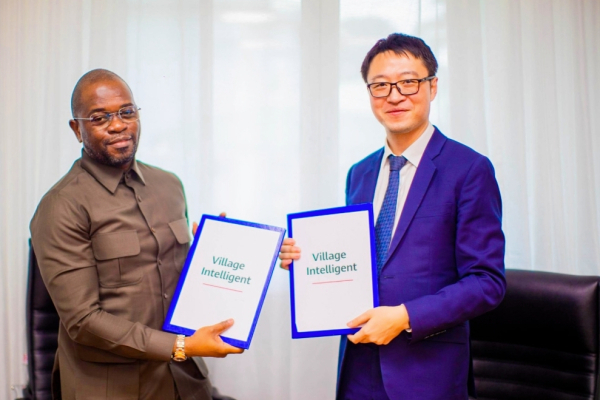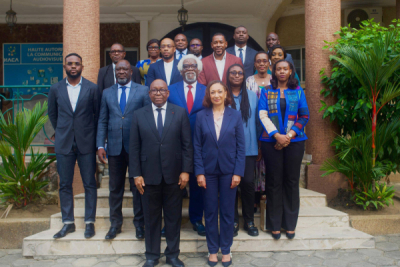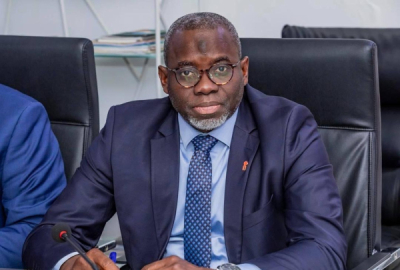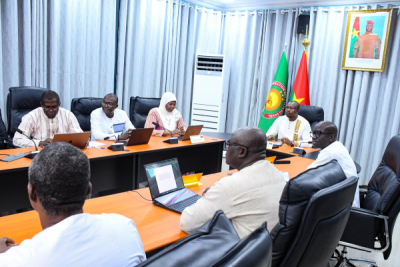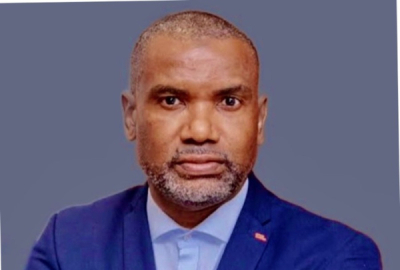• DRC signs smart village deal with Huawei
• Plan includes internet, digital training, and public service upgrades
The Democratic Republic of Congo signed, on Friday, May 23, a partnership with Chinese technology multinational Huawei for the launch of a pilot smart village. This project aims to improve the living conditions of rural populations through digital technologies integrated into an ecosystem of services and connected objects.
“This project reflects our commitment to offering rural populations equal access to digital opportunities, while building the foundations of a modern, transparent, and connected state,” declared Mickael Lukoki Nsimba (photo, left), Chief of Staff to Prime Minister Judith Suminwa Tuluka, during the signing ceremony.
The smart village, planned as a pilot project, intends to demonstrate the feasibility of technological solutions adapted to local realities. It notably provides for the implementation of high-speed internet access, training of young people in digital skills, as well as the connection of local public services, such as civil registry, health, and education.
This initiative is part of the national digital transformation strategy led by the Congolese government, which aims to modernize the state and reduce inequalities in access to digital technologies. It also reflects a trend observed at the continental level, supported notably by the African Development Bank (AfDB) and the World Bank, which consider the digitization of rural areas as a lever for sustainable development and inclusion.
In the Democratic Republic of Congo, where the digital divide remains pronounced, the initiative appears as a structural response to imbalances in access to connectivity. According to the Regulatory Authority of Posts and Telecommunications of Congo (ARPTC), only 30.79% of Congolese had access to mobile internet as of mid-2023, and barely 0.0174% to fixed internet. These figures reflect the considerable gap between urban and rural areas.
This imbalance is reinforced by the high cost of data, the lack of telecom infrastructure in remote areas, and the low integration of digital services in public administrations.
By equipping rural areas with digital infrastructure, the Congolese government intends to stimulate local economic development, strengthen access to essential services, and promote digital inclusion. This project could also serve as a model for other regions of the country facing the same challenges.
By Samira Njoya,
Editing by Sèna D. B. de Sodji


